Europe has one of the world’s largest and most diverse economies. There are significant differences in the average salaries paid to individuals across European countries. According to Eurostat, the average salaries in Europe per employee differs widely across EU member state. It ranged from the lowest €13,503 in Bulgaria to the highest €81,064 in Luxembourg. Additionally, nine European Union member states have average salaries higher than the EU average of €37,863, while 17 countries fall below this level.
Average Salaries in Europe By Countries
The following table shows the average full-time adjusted salary per employee in Europe in 2023, according to the latest data available from Eurostat.
| Country | average annual full-time adjusted salary per employee (EUR) |
|---|---|
| Luxembourg | 81,064 |
| Denmark | 67,604 |
| Ireland | 58,679 |
| Belgium | 57,989 |
| Austria | 54,508 |
| Germany | 50,998 |
| Finland | 48,391 |
| Sweden | 44,619 |
| France | 42,662 |
| EU Average | 37,863 |
| Slovenia | 33,081 |
| Italy | 32,749 |
| Spain | 32,587 |
| Malta | 29,989 |
| Lithuania | 27,178 |
| Cyprus | 26,430 |
| Estonia | 24,899 |
| Czechia | 23,454 |
| Portugal | 22,933 |
| Latvia | 22,293 |
| Croatia | 21,523 |
| Slovakia | 19,001 |
| Poland | 18,054 |
| Romania | 17,739 |
| Greece | 17,013 |
| Hungary | 16,895 |
| Bulgaria | 13,503 |
The data is sourced from the Eurostat, the official statistical office of the European Union.
Countries That Offer The Highest Average Salaries in Europe
Countries such as Luxembourg, Denmark, Ireland, Belgium, Austria, and Germany are among those with the highest average salaries in Europe.
Luxembourg
Luxembourg is widely recognized as one of the wealthiest countries in Europe and the world. According to Eurostat, it boasts the highest average salary in Europe at €81,064, which is almost double the average salary of Europe €37,863. The country also has the highest GDP per capita in the world, reaching $141,080 in 2025. Banking, finance, and high-tech industries play a key role in Luxembourg’s robust economy.
Additionally, its strategic location in Europe, political stability, and favorable tax policies contribute to its economic success. However, the high salaries in Luxembourg come with a high cost of living, as housing, food, and services are among the most expensive in Europe.
Denmark
Denmark offers the second highest average annual full-time adjusted salary per employee in Europe at €67,604. With a GDP per capita of approximately $71,970, the country also ranks among the top 10 wealthiest countries globally. Additionally, the country has Strong trade unions that play a key role in promoting high wages and favorable working conditions on behalf of workers.
Denmark also provides one of the most comprehensive social benefits to its citizens like generous unemployment benefits, healthcare, and pensions. All these factors collectively contribute to a high standard of living and higher average wages in in the country compared to many other European states.
Ireland
Ireland comes in third with a €58,679 average annual, full-time, adjusted salary per employee in Europe. The country also has the third highest GDP per capita of $107,240 globally after Luxembourg and Switzerland. Over the years, Ireland has become a major hub for technology and finance with a significant presence of global tech companies like Google and Facebook. However, the cost of living in Ireland, particularly in Dublin, is notably higher compared to many other European countries.
Belgium, Austria, Germany, Finland, Sweden, and France are the other high-average salary-paying countries in Europe. These countries have average salaries higher than the EU average of €37,863.
Top 10 Countries Projected to Have the Highest Unemployment Rates in 2025
Countries That Offer The Lowest Average Salaries in Europe
Bulgaria has the lowest average salary in Europe, with the annual full-time adjusted salary per employee standing at €13,503. The country also ranks lowest in Europe in terms of GDP per capita. Historically, Bulgaria was under Ottoman rule for centuries, which delayed its industrialization and economic development compared to other European nations.
Additionally, during the communist era, Bulgaria’s economy was heavily centralized and dependent on the Soviet Union. This system left the country with outdated industries and infrastructure. After transitioning to a market economy in the 1990s, Bulgaria faced issues like unemployment, corruption, and slow reforms, which hindered its growth. Despite significant economic progress in recent years, Bulgaria remains considerably behind more developed European states in terms of economic development.
Unlike Bulgaria, Hungary has one of the lowest average salaries in Europe, at €16,895. The country ranks as a lower-middle country globally and is considered less developed in Europe compared to other European nations. Hungary faces challanges of slow industrialization and heavy reliance on foreign investments, which has kept its economic growth behind that of many wealthier European countries.
Similarly, Greece, Romania, Poland, and Slovakia are among the bottom European countries, with all having annual salaries below €20,000. Factors such as slower economic growth, high unemployment, debt, and limited industrial development contribute to their lower income levels.
Conclusion
In conclusion, average salaries in Europe differ greatly across countries. Luxembourg offers the highest average salaries in Europe at €81,064, while Bulgaria has the lowest at €13,503. Additionally, only nine EU countries exceed the EU average salary of €37,863, while 17 fall below it. Despite their large economies, Italy and Spain remain below the average, whereas France and Sweden, with stronger economies, rank above it.

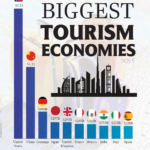

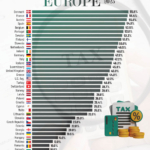


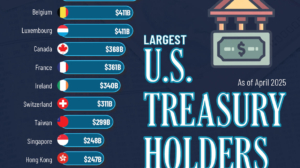


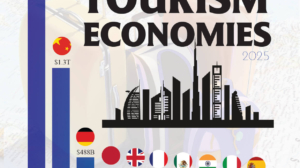
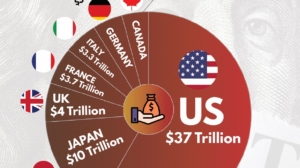
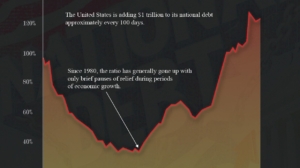

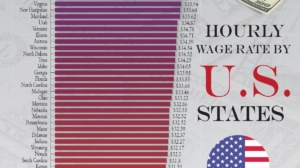
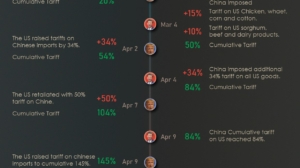
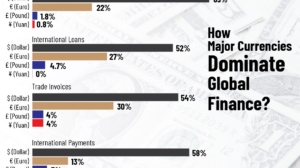
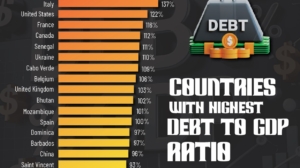
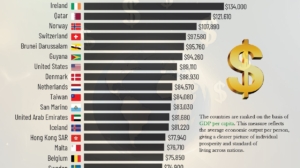
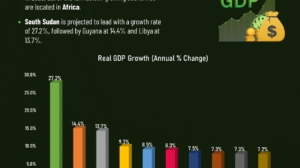
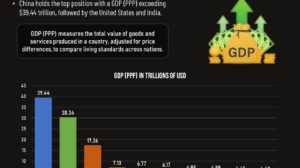
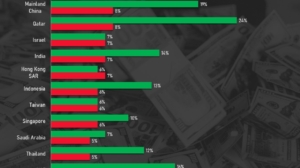
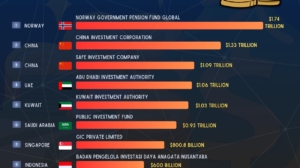
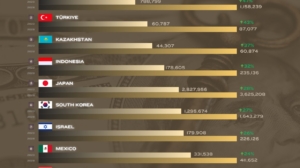
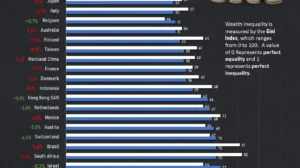


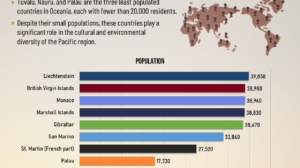
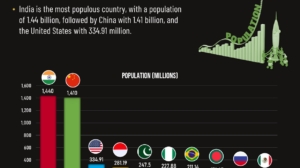
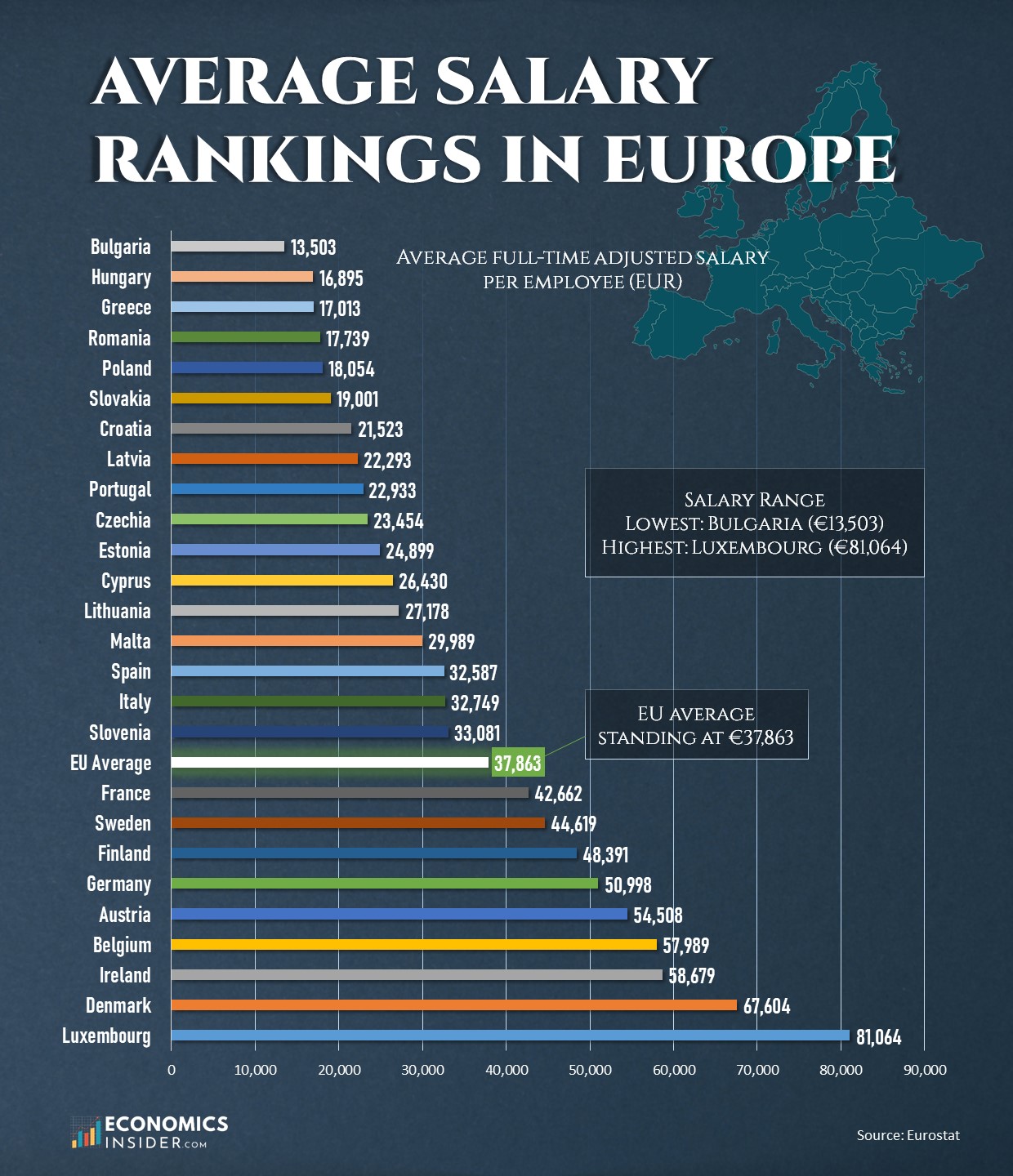

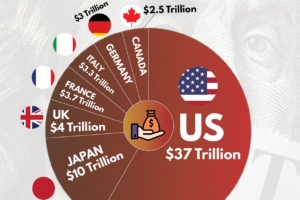









Add Comment